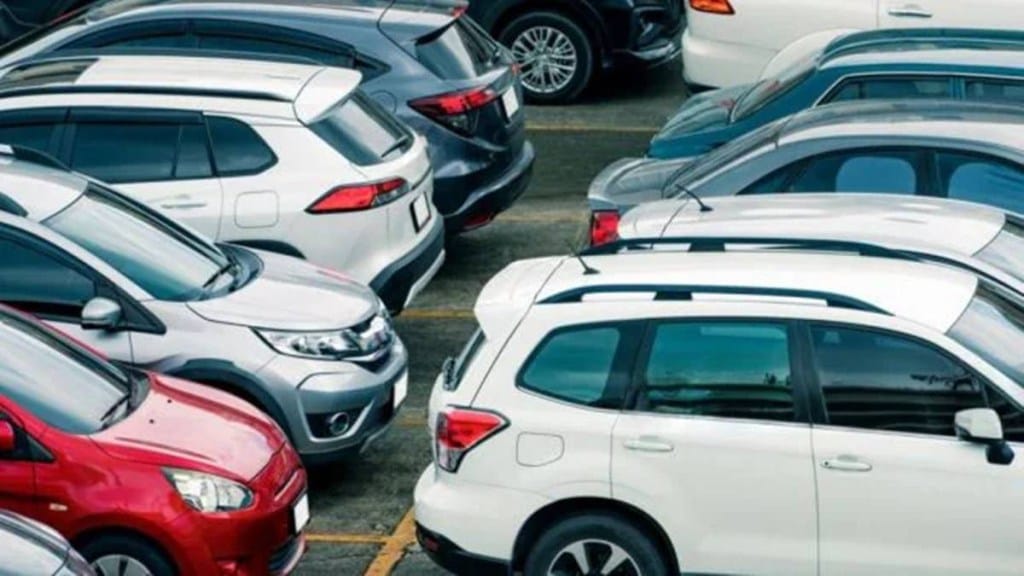The GST 2.0, which came into force a month ago, has given a significant push to the automotive industry, with car sales more than doubling to over half a million units.
Market observers say that the retail total of the entire passenger vehicle industry between the implementation of the new goods and services tax (GST) rates on September 22 and Diwali could be anywhere between 650,000-700,000 units.
The automotive industry, which usually saw average 30-day sales of 250,000-300,000 cars, has emerged as one of the biggest beneficiaries of the GST reforms.
Between September 22 and October 18, Maruti Suzuki, the country’s largest carmaker, retailed 350,000 units, making it an average of nearly 13,500 units a day. Bookings, however, crossed 450,000 units.
Tata Motors, one of India’s top four carmakers, on Tuesday said that it achieved a landmark milestone with over 100,000 vehicle deliveries during the period, reflecting a growth of 33% from the year-ago period. Shailesh Chandra, managing director and CEO, Tata Motors Passenger Vehicles, said, “Our SUVs continue to lead this momentum with the Nexon registering over 38,000 retails, a 73% growth, while the Punch clocked 32,000 units, growing by 29%.
Our EV portfolio too has shown strong traction, with over 10,000 EVs retailed during this period, marking a 37% growth.”
Hyundai said it retailed an average of 2,500 cars every day and accepted 3,500 bookings daily since September 22. This brings the total number of cars delivered to 75,000 units.
On the first day of Navratri, the company clocked dealer billings of over 11,000, making it the highest in five years. On Dhanteras, it recorded 14,000 deliveries, a rise of 20% year-on-year. Mahindra, Kia and Toyota, which make up the top six passenger vehicle makers in India, controlling more than 90% of the total domestic market, are estimated to have generated 100,000-150,000 units in retail sales.
“Our previous estimate was to generate 2x the volumes during the festive days. We have exceeded our volume projection. If it were not for the shortage in supplies we would have retailed more,” said a Delhi-based dealer of these three car brands.
Dealers in most large cities had opted to keep their showrooms open beyond their normal business hours to meet the rush of customers who were eager to make the most of the offers doled out by dealers and carmakers.
In the first half of September, the Centre had announced a reduction in GST on small cars to 18% from 28% and to 40% on other cars. The cut led to an unprecedented spurt in demand, even to the extent of shortage in logistics to supply vehicles to dealerships.

